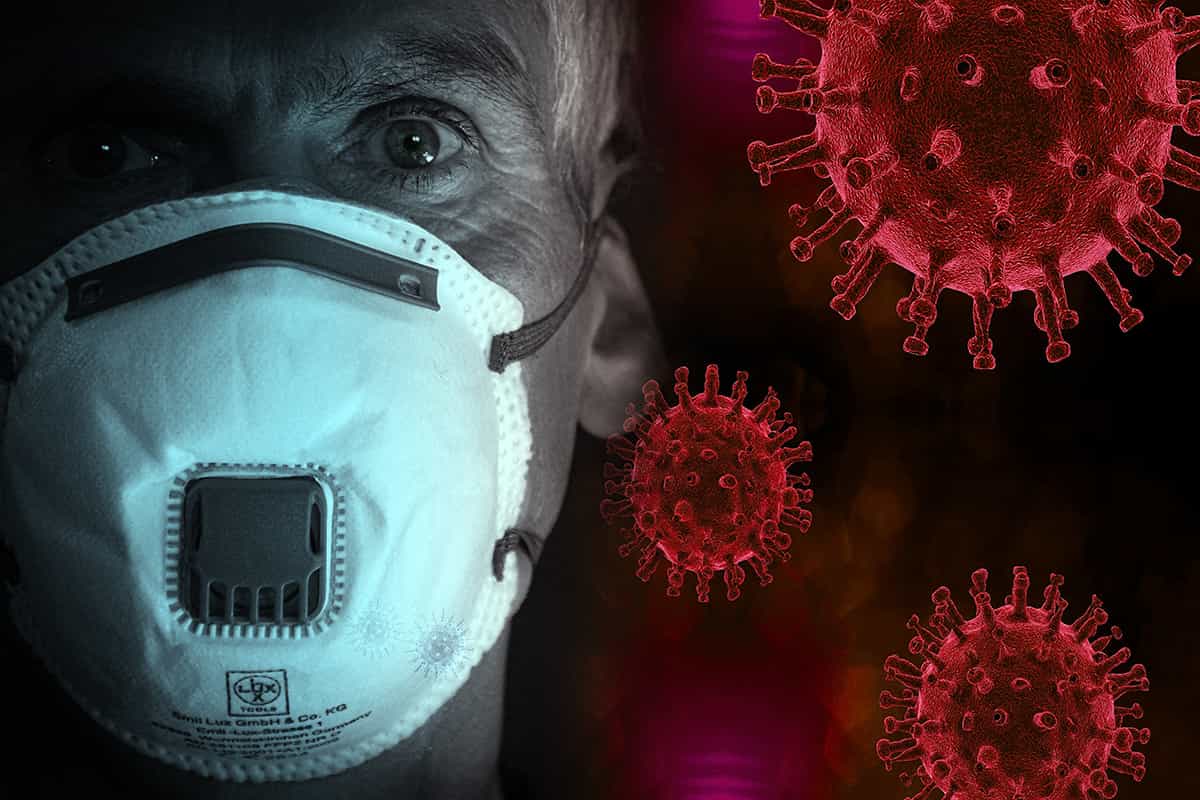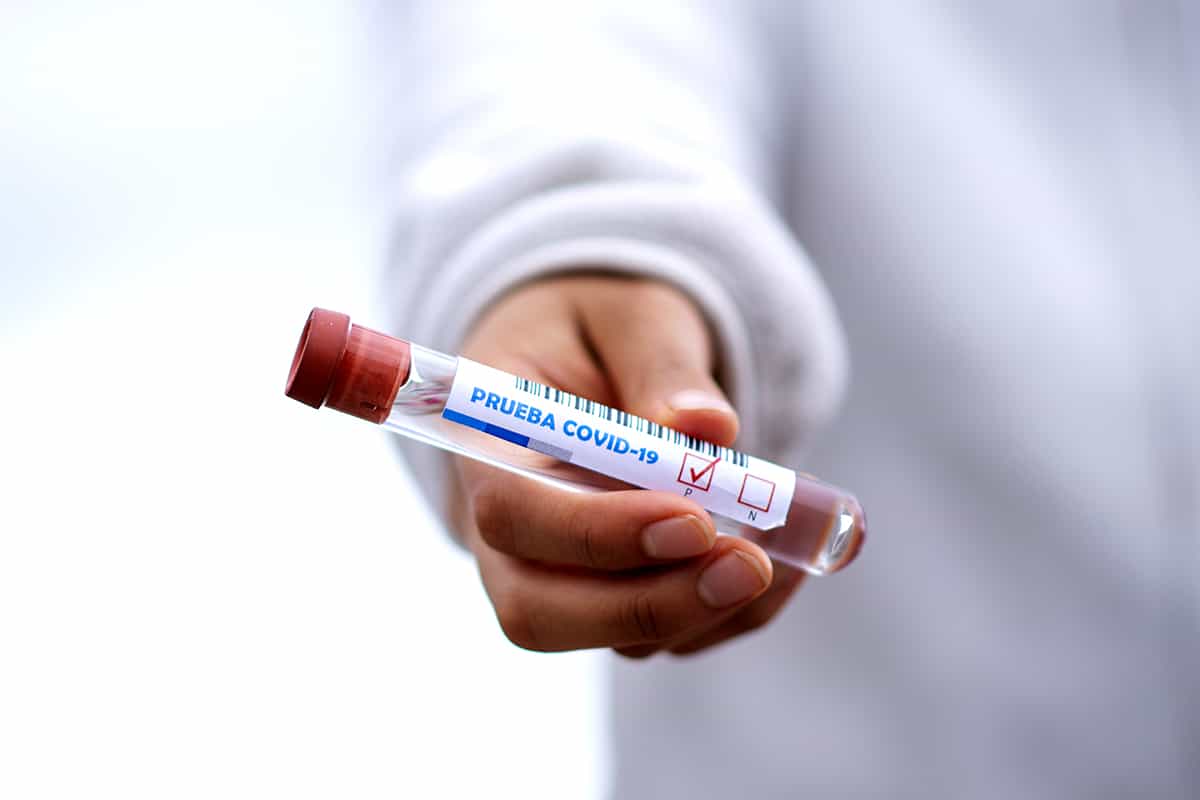RTÉ has learned that 242 asylum seekers, deemed vulnerable to Covid-19 and who require “cocooning”, are being moved to new accommodation in Dublin, Cork and Galway.
Yesterday it was announced that 650 additional beds had been secured in response to the crisis.
Most of those identified in the first group to be relocated are moving in the coming days, although some have been relocated already.
114 asylum seekers are moving to a hotel in Dublin, 64 will be relocated to a hotel in Galway and a further 64 will be relocated to a hotel in Cork.
As of 5 March there were more than 7,000 asylum seekers living in Direct Provision Centres and emergency accommodation.
CEO of the Irish Refugee Council Nick Henderson said that he welcomed “the clear recognition of the needs of vulnerable people”, and acknowledged that there was hard work going on behind the scenes, but said he remained deeply concerned.
“Even with this extra capacity, social distancing as required by the HSE guidance remains difficult or impossible for the majority of people Direct Provision,” Mr Henderson told RTÉ News.
“The HSE guidance specifically states people should avoid sleeping in communal areas and crowded places. We don’t think this decision remedies these issues,” he added.
A spokesperson for the Movement of Asylum Seekers in Ireland, Bulelani Mfaco told RTÉ News that he remains concerned that so many people living in Direct Provision continue to live in close quarters with other asylum seekers, sharing bedrooms, canteens and bathrooms.
MASI is seeking assurances that all asylum seekers will be assisted to observe appropriate social distancing as per HSE advice and that “no one in Direct Provision is forced to share intimate living spaces with strangers”.
The Department of Justice and Equality has said that measures have been put in place to support social distancing and to reduce contacts in direct provision centres and in emergency accommodation.
It said that the International Protection Accommodation Service (IPAS) is working with the HSE and that a dedicated IPAS team has been established to manage issues relating to Covid-19.
Read More








